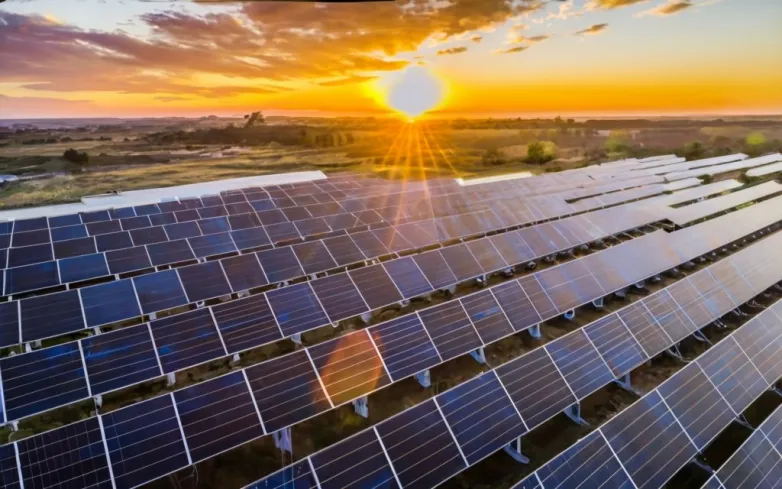Globeleq's Debt Restructuring Boosts South African Solar Power
- Globeleq's debt restructuring for its solar plants in South Africa aims to reduce costs, lower electricity prices, and benefit local communities and shareholders.

Globeleq, an independent power company in Africa, has completed a debt restructuring worth $37 million for its Aries and Konkoonsies solar plants in South Africa. The restructuring, led by Standard Bank, aims to reduce the cost of debt for the plants and lower wholesale electricity prices. It also allows for reinvestment in the power sector and accelerated equity distributions to the local communities and shareholders. Both plants have been operational since 2014 and became part of Globeleq's portfolio in 2019. The debt restructuring is expected to save around ZAR129 million over the remaining ten years of the power purchase agreement.
Globeleq's CEO, Mike Scholey, highlighted the positive impact of the restructuring on Eskom and South African consumers, emphasizing the company's commitment to providing cost-effective renewable power. Sherrill Byrne, Executive Energy and Infrastructure Finance of Standard Bank, expressed satisfaction in partnering with Globeleq and reaffirmed the bank's commitment to the energy sector in South Africa.
How does Globeleq's debt restructuring benefit South African consumers and Eskom?
- The debt restructuring by Globeleq will result in lower wholesale electricity prices for South African consumers. This means that consumers will pay less for their electricity bills, leading to potential cost savings for households and businesses.
- The reduced cost of debt for the Aries and Konkoonsies solar plants will allow Globeleq to offer more competitive electricity prices compared to traditional fossil fuel-based power generation. This promotes the adoption of renewable energy and contributes to a cleaner and more sustainable energy mix in South Africa.
- The reinvestment in the power sector made possible by the debt restructuring will lead to the development of additional renewable energy projects. This will increase the overall renewable energy capacity in the country, reducing reliance on fossil fuels and promoting energy diversification.
- The accelerated equity distributions to local communities and shareholders will have a positive socio-economic impact. Local communities will benefit from increased job opportunities and economic development, while shareholders will receive returns on their investments.
- The debt restructuring also benefits Eskom, the state-owned power utility in South Africa. By reducing the cost of debt for the Aries and Konkoonsies solar plants, Eskom can potentially lower its overall electricity generation costs. This can help alleviate the financial burden on Eskom and contribute to the stability of the country's power supply.
- The savings of ZAR129 million over the remaining ten years of the power purchase agreement will provide financial relief for both South African consumers and Eskom. This can potentially be reinvested in other areas, such as infrastructure development or social programs, benefiting the overall economy and society.
Also read

